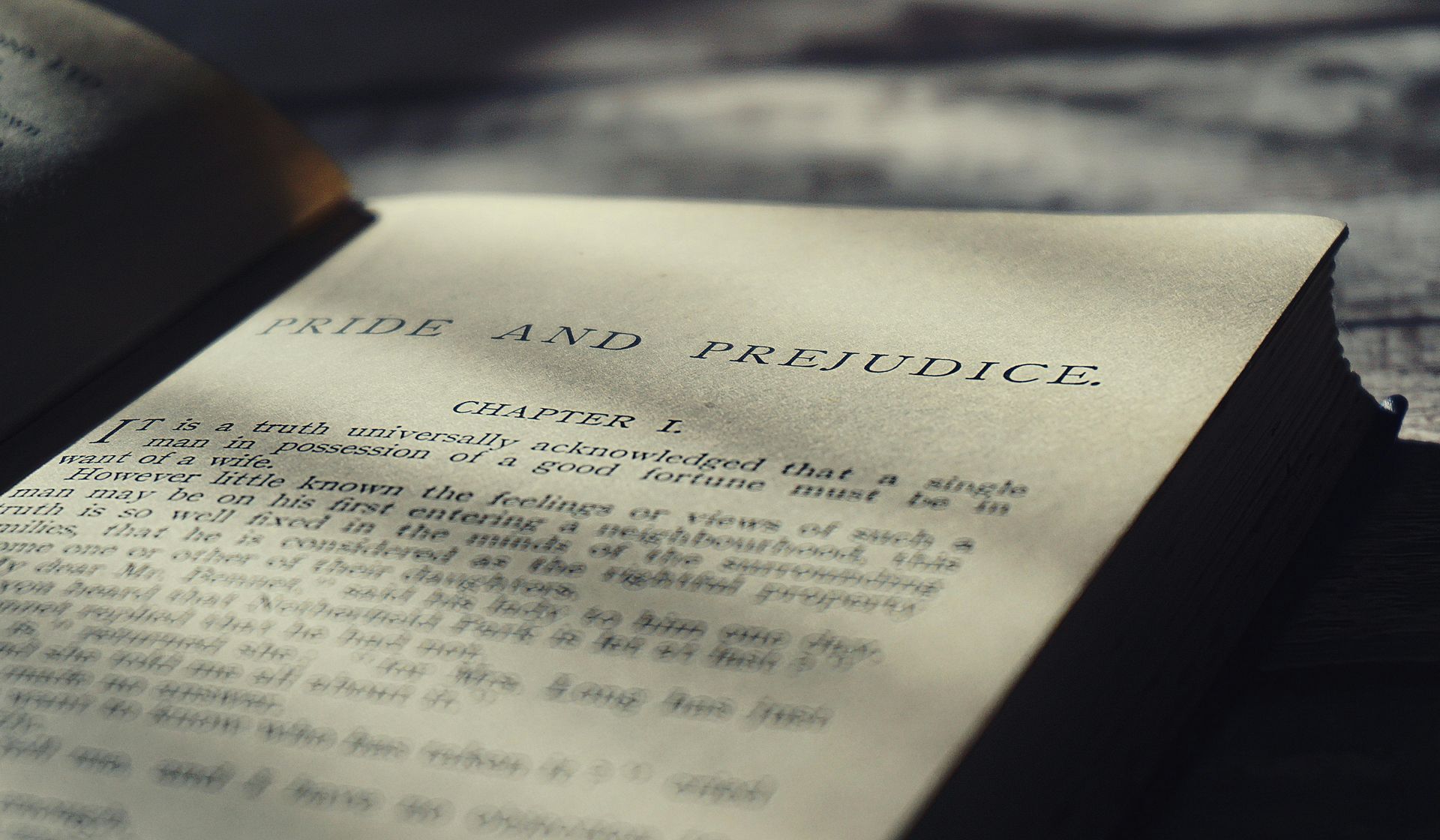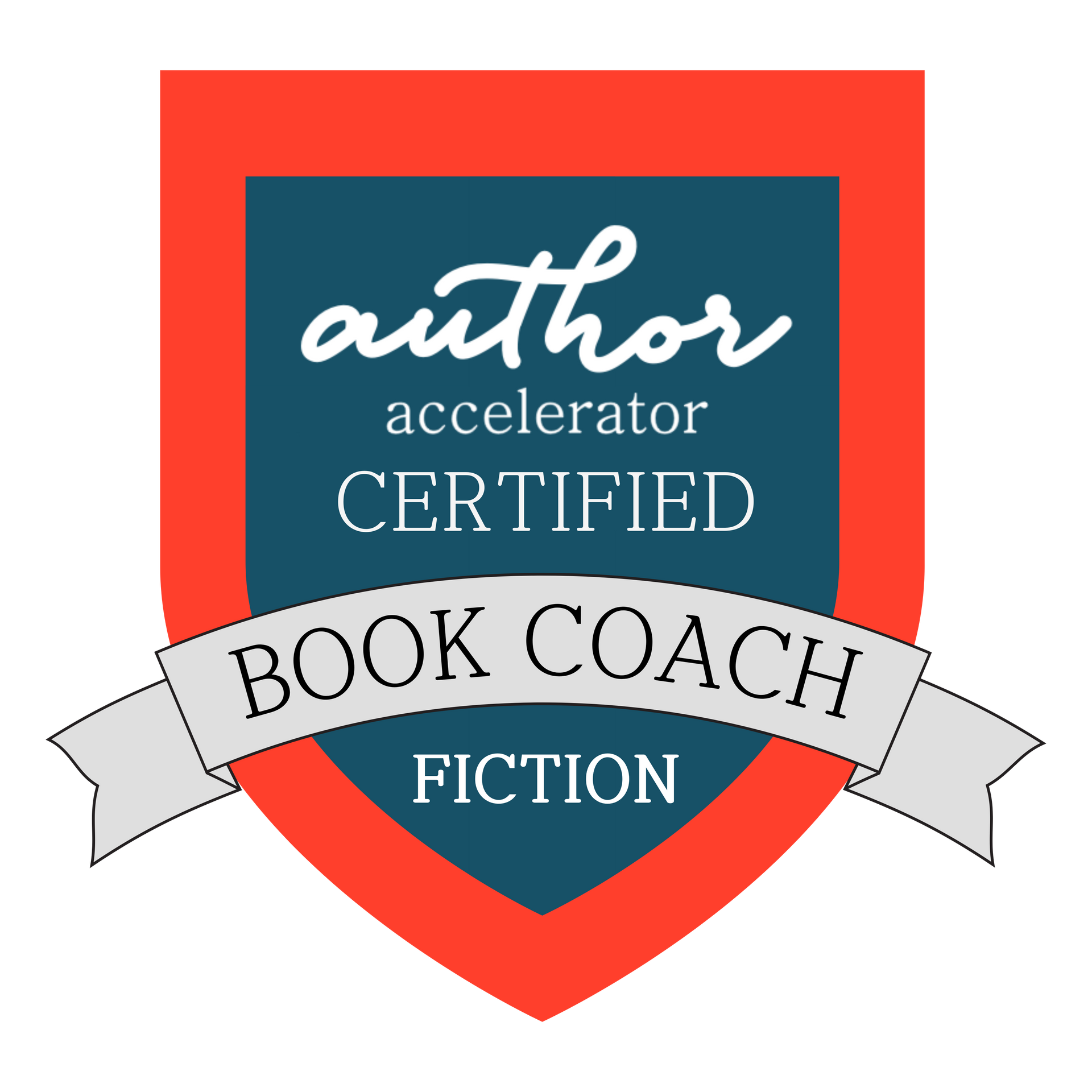The most common writing mistakes in every genre (and how to avoid them)
Every genre comes with reader expectations, common tropes and writing challenges. What works well in a romance novel might fall flat in a thriller, and what is essential in sci-fi could be completely out of place in a fantasy novel. Each genre creates a different kind of world for the reader, and the way you write needs to match that world.
But it is easy to miss the mark! Whether it’s pacing that drags in a romance, characters that fall flat in a sci-fi, or details that don't quite land in historical fiction, these common genre-specific mistakes can weaken an otherwise promising manuscript.
The good news is
once you understand these common mistakes, you can spot and fix those issues in your own work, leading to a stronger, more polished draft.
Here are the most common writing mistakes I see in romance, historical fiction, fantasy, thriller/mystery and sci-fi novels (and how to avoid them!)

Mistake 1) Romance: rushed or slow pacing of the plot
In the romance genre, a very easy mistake to make is bad pacing. Rather than developing naturally, the romantic plot drags or feels rushed.
The reason this happens is often due to a lack of conflict or tension to keep the story going. If the only thing keeping the characters apart is a simple miscommunication, it can get old fast.
On the other hand, if the characters fall for each other almost instantly with very little development or reason, it is not believable for readers.
How to avoid this mistake:
- Create a believable emotional arc with rising tension and payoff.
- Write scenes that show character’s chemistry and conflict (don’t just tell).
- Use internal and external obstacles that make the payoff satisfying.
- Leave breathing room for the romance to develop, without losing momentum.
Recommended reading:
pacing in writing: how to keep readers engaged from start to finish
Mistake 2) Historical Fiction: historical inaccuracies
When writing a historical fiction novel, the accuracy in historical details is what creates a believable story.
However, it is common for authors to not do enough research or the wrong kind (sticking to just surface-level details) especially if they are prioritising the story over the setting.
And of course, our modern mindsets can accidentally sneak in when writing, leading to inaccuracies that can pull readers out of the story.
How to avoid this mistake:
- Conduct thorough research so that historical facts, settings and cultural details are accurate.
- Ensure the dialogue and behaviours reflect the time period.
- Keep the historical details, like clothes, architecture and social norms consistent.

Mistake 3) Fantasy: info dumping when world-building
World-building is an essential part of the fantasy genre, but you don’t want to spend so much time designing your world that your story suffers.
Fantasy authors are skilled at creating rich, imaginative worlds with detailed settings, languages and magic systems. But a common trap is trying to explain everything to the reader all at once, especially in the first few chapters.
This info dumping is overwhelming to readers and makes the story drag.
How to avoid this mistake:
- Weave world building into action and dialogue. Let readers experience the world rather than reading about it (again, show don’t tell!).
- Start with your characters and conflict. Once readers are emotionally invested, they’ll be more willing to absorb complex world details.
- Use specific context clues to show technology, culture or setting without long explanations.
Mistake 4) Mystery/Thriller: losing the reader’s attention
In a mystery or thriller, the biggest challenge is maintaining the tension and suspense throughout the book.
It can be easy to lose your reader’s attention if the stakes aren’t clear (or high enough), if information is revealed too soon, or if you throw in too many red herrings and twists.
It is a delicate balance keeping the reader invested from start to finish.
How to avoid this mistake:
- Start with a strong hook to grab the reader.
- End each chapter with a reason to keep reading (a reveal, twist, new threat or decision point).
- Raise questions early and delay the answers just long enough to build curiosity.

Mistake 5) Sci-fi: neglecting character development
Sci-fi authors tend to be full of brilliant ideas, creating stories with futuristic technology, dystopian governments or alien civilisations.
But one of the most common mistakes they make is focusing so heavily on the concept or world that their characters end up flat, underdeveloped or secondary to the plot.
Characters are the heart of any compelling story because they create emotional connections with readers. When characters feel real – complete with strengths, flaws and motivations – they resonate on a deeper level, making the reader care about their journey.
How to avoid this mistake:
- Keep big ideas grounded with personal stakes. Ask: Why does this matter to this character right now?
- Give your characters clear desires, flaws and growth arcs.
- Make sure each major decision in the plot is rooted in a character’s motivations, not just the needs of the technology or setting
Recommended reading:
A guide to character development in writing
How to strengthen your writing in your chosen genre
If you aren’t sure whether you are hitting the right notes for your genre, or want editing tips that align with your story, I’ve created a new guide for you.
It includes writing and editing advice for each major book genre (those mentioned above as well as YA, Middle Grade Fiction and Memoir) so you can finish your book with clarity and confidence.
Download your free copy of
How to Master Your Genre.


